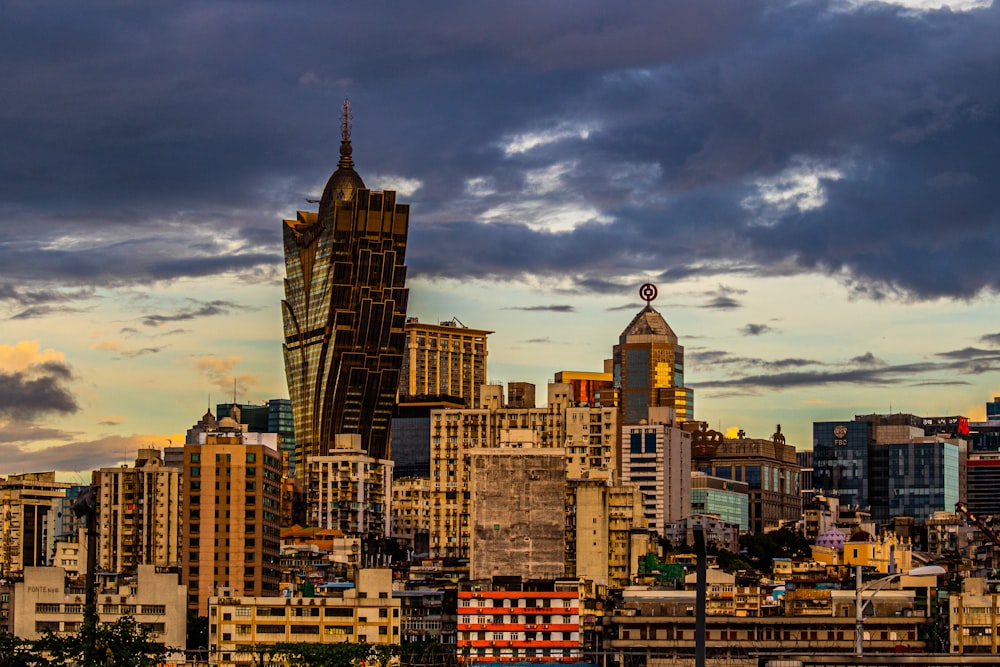A Journey Through Time: The Fascinating History of Macau
28

Introduction
Nestled on the southeastern coast of China, Macau's history is a rich tapestry woven with threads of diverse cultures, colonial influences, and a unique blend of Eastern and Western traditions. From its early days as a quaint fishing village to its transformation into a bustling international hub, Macau's story is one of resilience, adaptation, and unparalleled growth.
Early History and Portuguese Colonization
- Ancient Beginnings: Before the arrival of the Portuguese, Macau was part of the Chinese empire, inhabited by fishermen and farmers. It was known for its temples and as a trading post along the Silk Road.
- Portuguese Arrival (16th Century): In the mid-16th century, Portuguese explorers, seeking to establish a foothold in Asia for trade, negotiated with Chinese authorities to use Macau as a trading post. This marked the beginning of over 400 years of Portuguese administration, making Macau the first European colony in East Asia.
- Lease Agreement: The arrangement was formalized with a lease agreement, allowing Portugal to administer Macau in exchange for an annual rent, solidifying its status as a Luso-Chinese enclave.
Macau's Golden Age
- Trade Hub: Macau flourished as a strategic trading port, linking China with Japan, India, and Europe. It became a melting pot of cultures, with a significant impact on commerce, religion, and cuisine.
- Cultural Exchange: The Portuguese influence permeated Macau's architecture, food, and language, giving birth to a unique Macanese culture that blended European and Asian elements.
The Decline and Challenges
- Competition and Conflict: The rise of neighboring Hong Kong under British rule and the opening of other Chinese ports to foreign trade led to a decline in Macau's commercial importance in the 19th century.
- Social Issues: The territory also faced social challenges, including piracy, organized crime, and social unrest, which impacted its stability and growth.
20th Century to Present: Revival and Handover
- Modernization and Growth: In the late 20th century, Macau began to modernize and diversify its economy, focusing on tourism and gambling. The construction of modern casinos transformed it into a world-renowned gaming and entertainment destination.
- Handover to China (1999): On December 20, 1999, Macau was handed back to China, marking the end of Portuguese administration. It became a Special Administrative Region (SAR) of China, with a high degree of autonomy under the "one country, two systems" principle.
- Contemporary Macau: Today, Macau is a vibrant city that continues to thrive economically while preserving its unique cultural heritage. It stands as a testament to the harmonious blend of Chinese and Portuguese cultures, attracting millions of visitors each year.
Conclusion
The history of Macau is a fascinating journey of transformation and resilience. From its humble beginnings to its status as a global city, Macau has navigated the tides of change while maintaining its unique identity. It remains a symbol of cultural convergence and a bridge between the East and West, inviting explorers to discover its rich heritage and dynamic present.























































![[LIVE] Engage2Earn: Save our PBS from Trump](https://cdn.bulbapp.io/frontend/images/c23a1a05-c831-4c66-a1d1-96b700ef0450/1)
